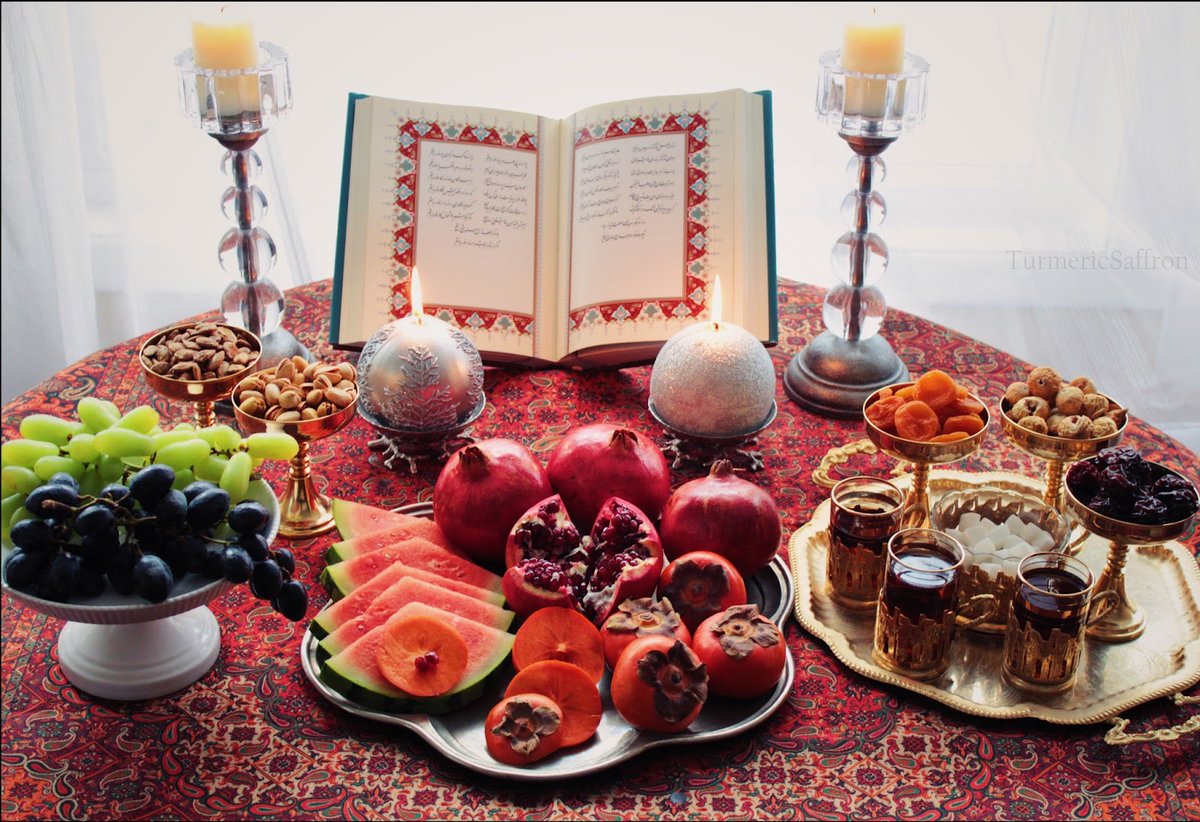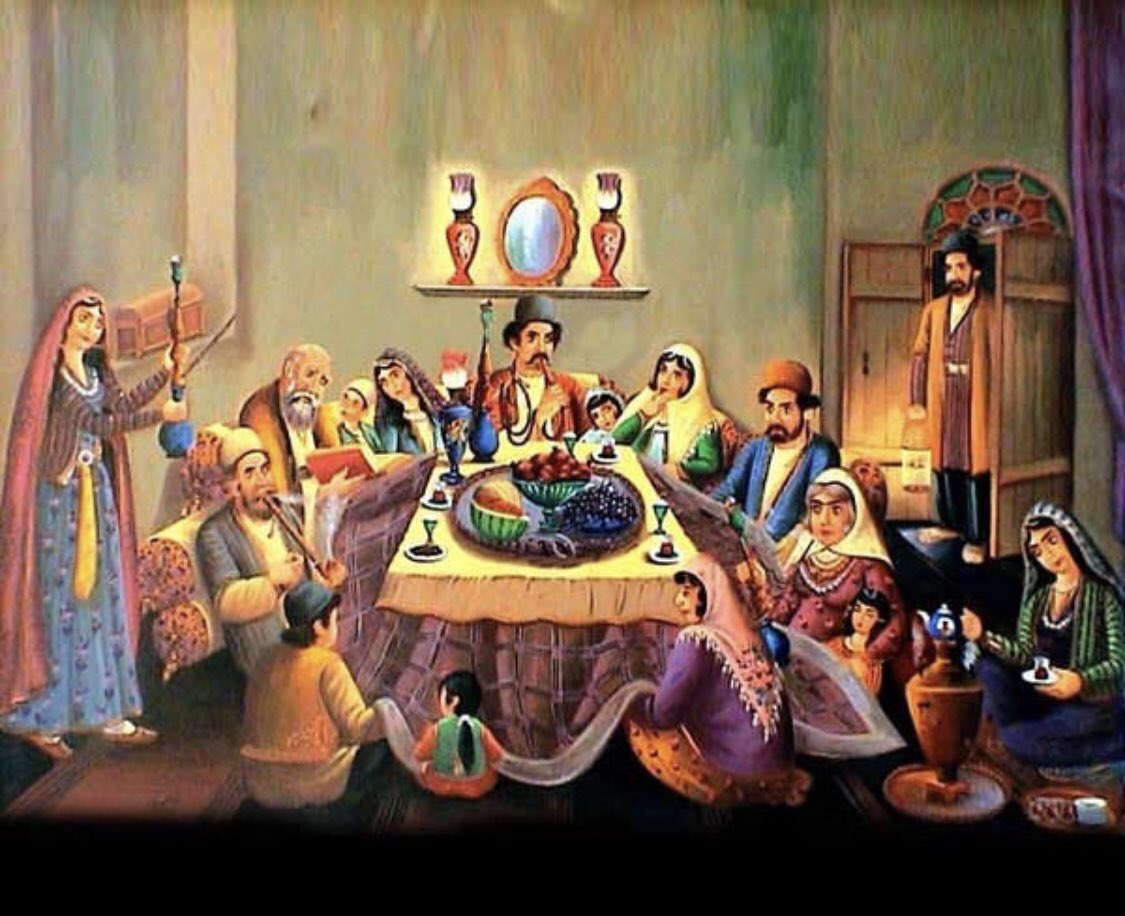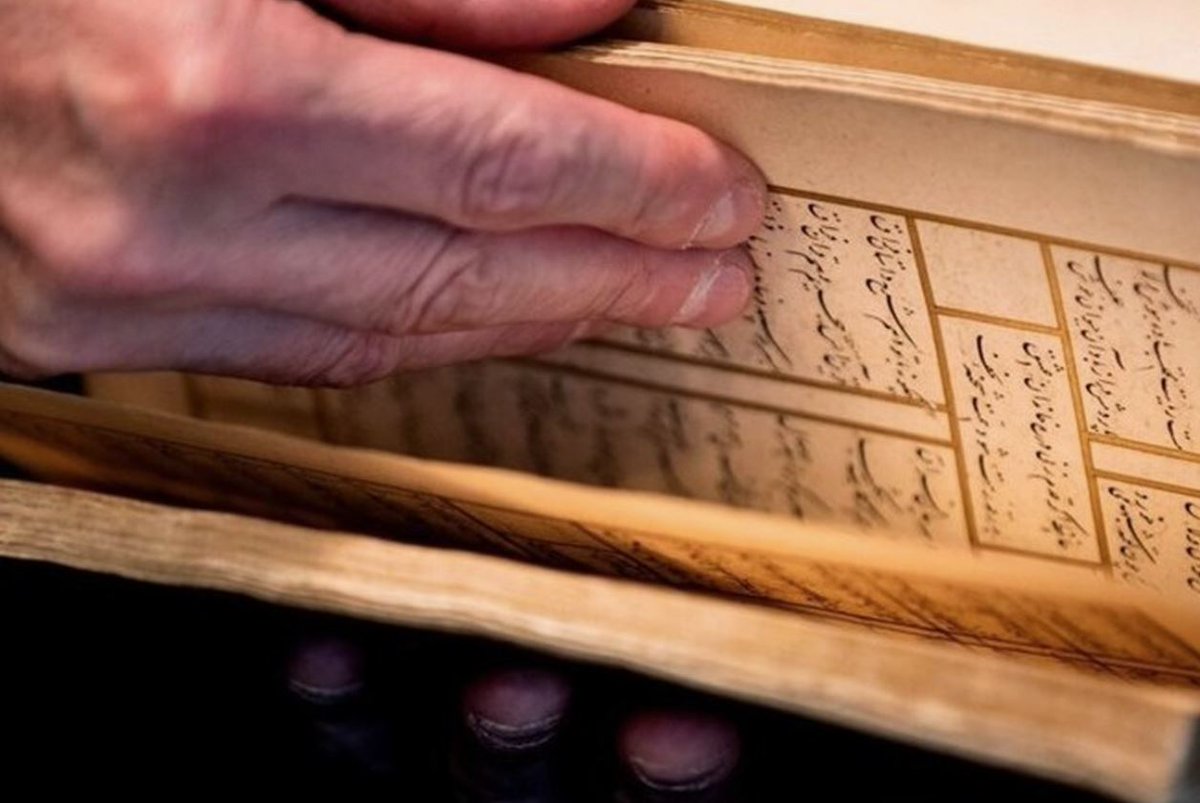
Happy #Nowruz!
Did you know that March 20th marks the start of Spring and a new year for millions around the world?
Click to see how this ancient Iranic celebration is observed ⬇️
Did you know that March 20th marks the start of Spring and a new year for millions around the world?
Click to see how this ancient Iranic celebration is observed ⬇️
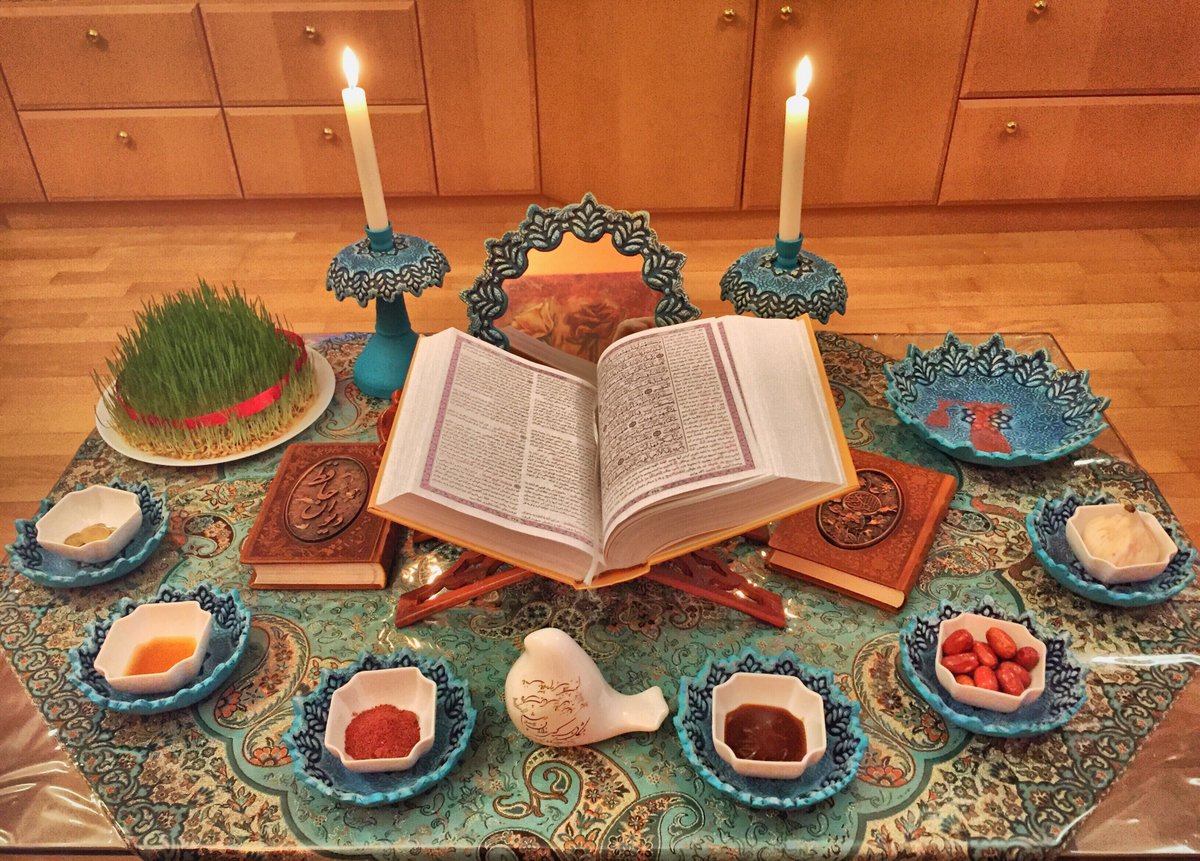
‘Nowruz’ - from the Persian words ‘now’ (new) and ‘ruz’ (day) - is an ancient festival celebrating the end of winter and start of warmer spring days. 
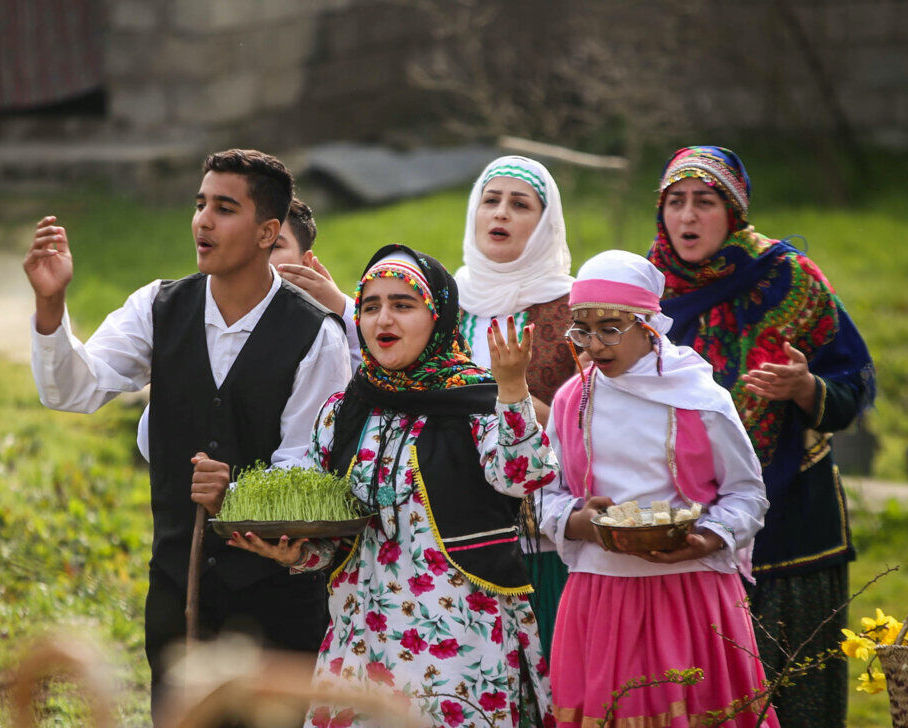
Unlike the Gregorian New Year, which is celebrated over the course of a day, Nowruz lasts for weeks.
Streets are decorated and bāzārs are crowded by shoppers many days in advance of the new year.
The week leading up to the New Year is called ‘shab-i ʿayd’ or ‘New Year’s Eve.’
Streets are decorated and bāzārs are crowded by shoppers many days in advance of the new year.
The week leading up to the New Year is called ‘shab-i ʿayd’ or ‘New Year’s Eve.’

A well-known Nowruz decoration is the Iranian ‘haft-sīn’ (‘Seven S’) spread.
The S’s are: ‘sabza’ (grass), ‘samanū’ (sweet paste), ‘sinjid’ (olive), ‘sirka’ (vinegar), ‘seb’ (apple), ‘ser’ (garlic), ‘sirka’ (vinegar), and sumac.
Some add coins, fish, eggs, a Qur'ān, and more.
The S’s are: ‘sabza’ (grass), ‘samanū’ (sweet paste), ‘sinjid’ (olive), ‘sirka’ (vinegar), ‘seb’ (apple), ‘ser’ (garlic), ‘sirka’ (vinegar), and sumac.
Some add coins, fish, eggs, a Qur'ān, and more.

The ‘sabza’ - representing the rebirth of nature - often features prominently on the haft-sīn.
The sprouted wheat is saved until the 13th day of the new year (sīzda-bidar) when it is thrown into nature, preferably in running water.
The sprouted wheat is saved until the 13th day of the new year (sīzda-bidar) when it is thrown into nature, preferably in running water.

It’s customary to visit family in the Nowruz season; elders may pass out crisp paper money to kids (ʿaydī), usually from a Qur'ān. 

In Afghanistan the ‘Haft-Mewa’ (Seven Fruit) dish is prepared by soaking dried fruit and nuts in rosewater. 

Nowruz is also celebrated elsewhere in Europe:
In Georgia, Russia, Ukraine, and more, Turkic groups like Tatars and Azeris observe the festival.

In Georgia, Russia, Ukraine, and more, Turkic groups like Tatars and Azeris observe the festival.


The least-known Nowruz celebration happens in the Swahili coast. It might have been taken there nearly a thousand years ago by Persian migrants.
There are also historical accounts of celebrations in Yemen, Egypt, South Africa, Somalia, and other places Iranic people went.
There are also historical accounts of celebrations in Yemen, Egypt, South Africa, Somalia, and other places Iranic people went.

This Nowruz marks the year 1401 in the Solar Hijri calendar.
We wish you a prosperous year and leave you with the famous Nowruz prayer:
O turner of heart and sight,
O master of day and night,
O changer of year and state,
change our state to the best state.
We wish you a prosperous year and leave you with the famous Nowruz prayer:
O turner of heart and sight,
O master of day and night,
O changer of year and state,
change our state to the best state.

Thread and translation by @sharghzadeh
If you like our work, you can join our Patreon: patreon.com/persianpoetics
Or you can give us an ‘ʿaydī’ on Paypal: paypal.me/persianpoetics
If you like our work, you can join our Patreon: patreon.com/persianpoetics
Or you can give us an ‘ʿaydī’ on Paypal: paypal.me/persianpoetics
• • •
Missing some Tweet in this thread? You can try to
force a refresh





























